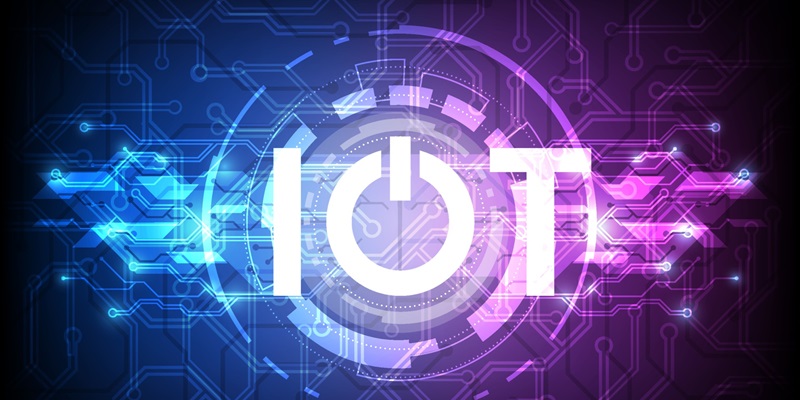As the Internet of Things (IoT) continues to expand, the need for scalable networking solutions becomes paramount. Information-centric networking (ICN) emerges as a revolutionary approach that addresses the challenges posed by IoT devices. This article explores the core principles and benefits of ICN in the context of IoT, highlighting its potential to transform data exchange in a seamless and efficient manner.
Focus on Content
ICN prioritizes content itself, recognizing the massive amounts of data generated by IoT devices. Unlike traditional networking, which primarily focuses on host location, ICN places emphasis on what the data is rather than where it resides. This approach proves invaluable in handling the ever-increasing volumes of data in IoT deployments.
Data as a First-Class Citizen
Contrasting with traditional networking, ICN treats data as a first-class citizen. In doing so, ICN challenges the conventional notions of networking where devices and IP addresses are central. By placing data at the forefront, ICN enables more efficient and effective data retrieval and dissemination, contributing to improved performance and scalability.
Unique Identifiers
Central to ICN is the concept of unique content names. Each piece of data is assigned a specific identifier that can be utilized to retrieve the data from any location in the network. This content-centric approach enables greater flexibility and eliminates the reliance on specific host addresses, resulting in a more resilient and versatile networking paradigm.
Content Caching
ICN supports content caching, a crucial feature that enhances data retrieval in IoT deployments. With caching, frequently accessed data can be stored closer to the end-users or devices, minimizing latency and improving the overall efficiency of data dissemination. This capability significantly benefits IoT scenarios where real-time data access is critical.
Simplified Multicast Communication
ICN simplifies multicast communication, a vital requirement in IoT deployments with real-time data dissemination to multiple devices. By utilizing content names, ICN enables efficient and scalable multicast communication, eliminating the need for complex overlay networks. This simplification enhances the reliability and speed of data distribution across the IoT ecosystem.
Enhanced Security and Privacy
ICN introduces several advanced security and privacy features, offering greater protection for IoT data. By encrypting and authenticating data at the content level, ICN ensures the integrity and confidentiality of information during transit. This content-centric security approach minimizes vulnerabilities typically associated with traditional networking, enhancing the trustworthiness of IoT systems.
Overcoming Limitations
ICN addresses the limitations of traditional networking, such as network congestion and inefficient data retrieval. Through its content-centric approach, ICN optimizes data delivery, mitigating congestion issues. Additionally, ICN’s caching capabilities reduce the burden on individual hosts, minimizing the strain on IoT devices and improving overall network performance.
Reduced Burden on Individual Hosts
ICN relieves individual hosts by focusing on content retrieval rather than host location. In traditional networking, hosts bear the responsibility of handling data requests and responses. ICN distributes this burden across the network, enabling efficient and scalable data retrieval while alleviating strain on individual devices. As a result, IoT devices can operate more efficiently and with greater resilience.
Role of ICN in IoT Deployments
ICN is poised to play a crucial role in enabling the seamless and efficient exchange of data in IoT deployments. By addressing the specific challenges posed by IoT devices, ICN enhances the scalability, reliability, and security of IoT networks. With its content-centric approach and advanced features, ICN empowers IoT applications across industries such as healthcare, manufacturing, transportation, and smart cities.
Information-centric networking (ICN) offers a paradigm shift in networking, revolutionizing how IoT devices exchange data. By prioritizing content, utilizing unique identifiers, supporting caching, simplifying multicast communication, enhancing security and privacy, and addressing the limitations of traditional networking, ICN emerges as a scalable solution in the IoT ecosystem. As the IoT landscape grows exponentially, ICN holds the potential to transform connectivity, ultimately driving innovation and efficiency across diverse industry sectors. Embracing ICN is pivotal to harnessing the full potential of IoT and unlocking a future of seamless and secure data exchange.

